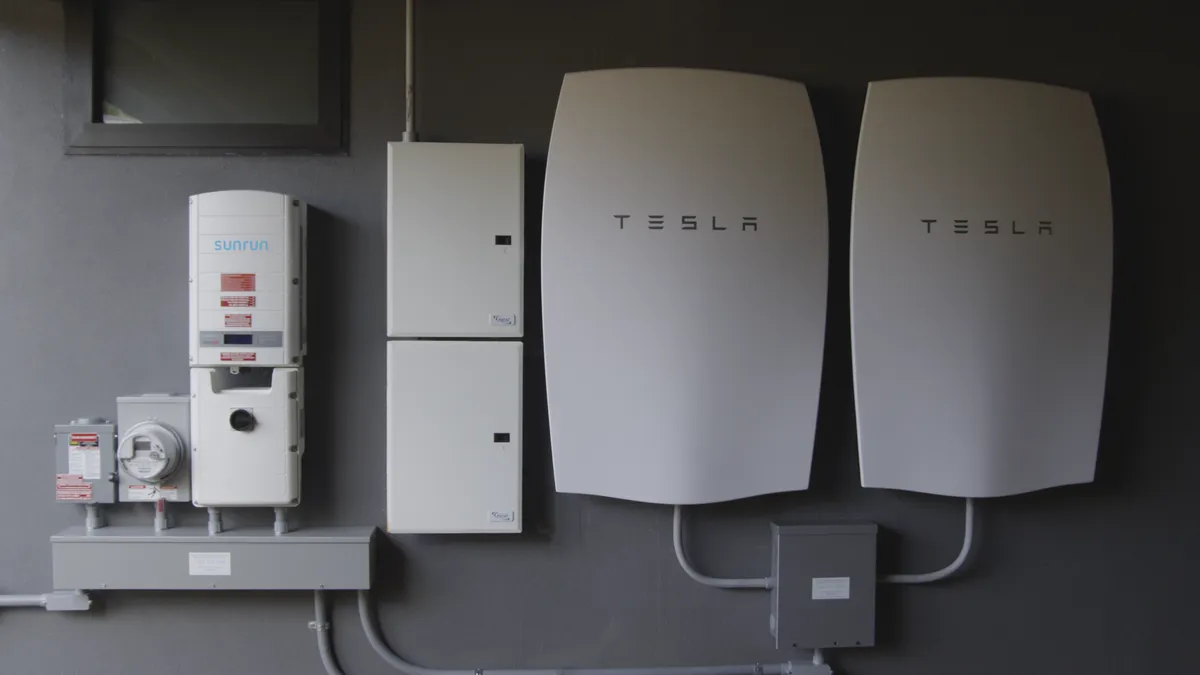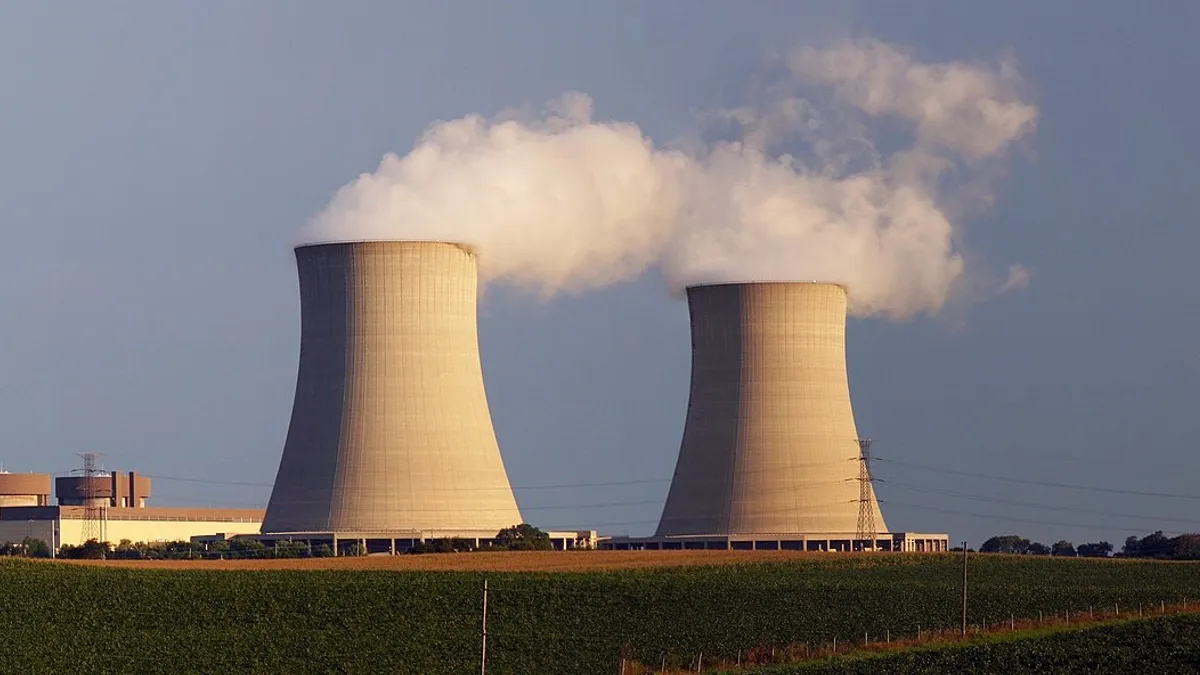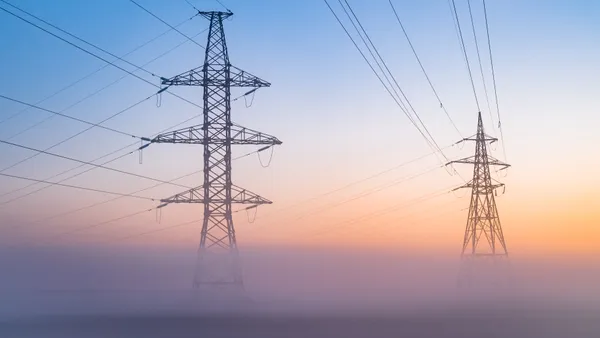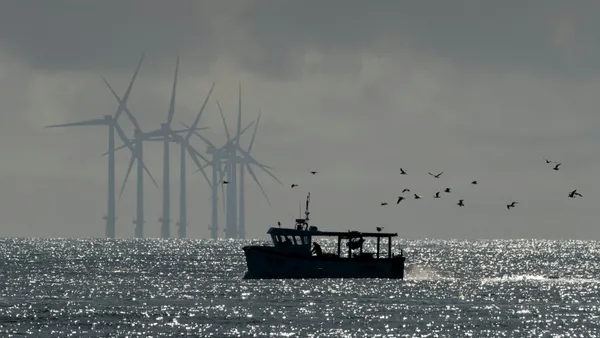Dive Brief:
-
The Massachusetts Department of Public Utilities (DPU) has begun an inquiry into the eligibility of energy storage for net metering if paired with distributed generation that qualifies under that policy. It also seeks how to define energy storage facilities for net metering.
-
The inquiry will also look into the qualification of net metering facilities to bid into ISO-New England’s forward capacity market (FCM).
-
Initial and reply comments on energy storage net metering are due Nov. 17 and Dec. 8, respectively. And initial and reply comments on net metering facilities bidding in the FCM are due Feb. 1, 2018, and Feb. 22, 2018, respectively.
Dive Insight:
This summer, Massachusetts became the third state to set an energy storage target. It is not mandatory, and the 200 MWh target was lower than some observers expected, but it still put the Bay State at the top of states encouraging energy storage.
Massachusetts is now continuing to push forward with energy storage, setting up an inquiry into the eligibility of energy storage for net metering benefits. Net metering is a popular policy mechanism that compensates distributed generation for excess energy sent to the grid — usually at the retail rate. Net metering policies vary by state and can include larger projects than typically found on residential rooftops.
However, the policy is silent on the role of energy storage when paired with net-metered systems, like rooftop solar.
But stakeholders are seeking to define energy storage's role, with Massachusetts taking that first step. In part, the inquiry grew out of a petition filed by Tesla in May 2017, seeking a ruling on the eligibility of solar power systems paired with energy storage devices to receive net metering benefits. Last month, the DPU issued a "limited scope" advisory opinion, in answer to Tesla's petition, that small-scale battery storage and solar systems should be eligible for net metering.
State regulators will now take up that issue holistically in this inquiry.
The inquiry will also review the current standards and procedures that electric distribution companies use to bid the capacity from certain net metering facilities into ISO-New England’s FCM, and how they use FCM revenues to offset the cost of net metering services.
Some of the questions will examine the rights of the owner and/or developer of the net-metered system should claim the right to bid into the FCM if the utility fails to do so within a specific timeframe.













